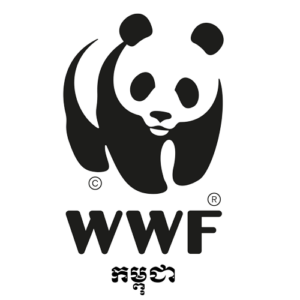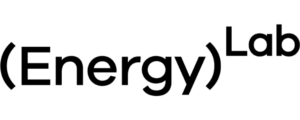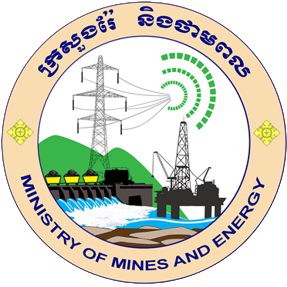Local offices being challenged to raise their energy efficiency

Your office is killing the planet. That’s according to the Cambodia Energy Efficiency Competition, an international group dedicated to promoting clean, green alternatives, starting with your workplace. It says cutting down on the excessive use of lighting and air conditioners could take a sizeable dent out of carbon dioxide emissions. To encourage companies to play their part, it will be launching a competition to persuade office owners to cut their electricity bills.
Consumption behaviour will need to change if it is to meet government’s goal for cutting emissions 27 percent by 2030. Over the past 15 years the country’s electricity consumption has increased tenfold for several reasons. Those include population growth, a higher standard of living, better access to electricity and industrial development.
In commercial buildings the average yearly increase in power consumption between 2010 and 2018 was 19 percent. Industry’s was 5 percent. This is forecast to contribute to an increase of up to 2.6 degrees in temperature by 2050.
This wouldn’t be so alarming if Cambodia didn’t rely so heavily on fossil fuel. One third of the country’s electricity comes from coal-fired power stations. Coal-generated power emits much more carbon dioxide than oil and gas. Although the Ministry of Mines and Energy completed an energy efficiency masterplan last year it will take time to develop solar, wind and hydro projects. In the meantime office owners are being asked to do their bit to cut demand.
“It is necessary to act on the production of electricity itself by developing clean and green renewable energy produced locally, as close as possible to the final consumer,” said Mathilde Driot, the project officer for the Cambodia Energy Efficiency Competition.
“It is a long-term public policy issue. On the other hand it is a priority to regulate energy demand in all energy-intensive sectors and for this we have a solution at hand. The first is buildings and their equipment. By designing buildings and producing equipment that consume as little energy as possible [we have] a better knowledge and better management of the energy we use thanks to the automation of the systems, programming and the measurement of our consumption. Finally we take action on the behaviour of all users whether households or employees in companies,” she said.
The Cambodia Energy Efficiency Competition wants offices to cut energy use over ten-months and compare results monthly with peers. Raphael Bevillard is the technical manager at Advanced Technical Supplies, Cambodia’s first electrical panel builder. His company took a challenge of its own with an in-house competition in 2019.
“We created different groups that challenged each other during the competition. Every month we selected the winning group,” he said.
“We used sensors to adjust and turn off lighting according to the outdoor brightness [with] LED lighting [retrofit to a] sensor to monitor the performance of our air conditioners, motion sensors, door closers,”
ATS cut its electricity usage by 30 percent between 2017 and 2020.
The Cambodia Energy Efficiency competition runs from September through June.
About the CEE Comp: The Cambodia Energy Efficiency Competition is implemented by the ITC and Sevea. It is a local adaptation of the CUBE competition initiated by the French Institute for Building Performance (IFPEB) as a bid to reduce carbon emissions in France. The CEE Comp is implemented in partnership with the EuroCham, EnergyLab, the Liger Leadership Academy and the IFPEB, as well as with the financial support of Schneider Electric and the National Council for Sustainable Development under the Cambodia Climate Change Alliance Innovation Grant Facility, supported by the European Union, the United Nation Development Program and Sweden.
Edition 2023
participating buildings
to participate in the contest? Sign up

Organisers
Sponsors
Partners
Endorsers
Media Partners











